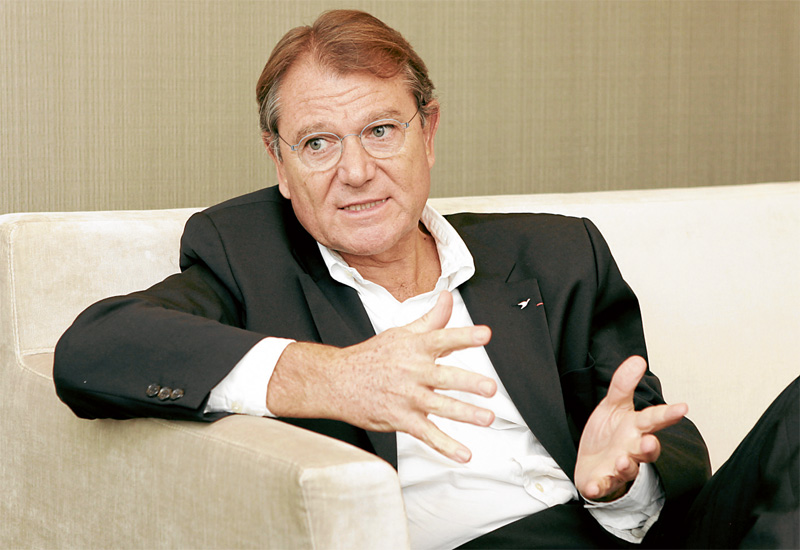Hot spots
With average GOPPAR around the region varying between US $22 in Sharm-El-Sheikh and $186 in Dubai, several sessions at AHIC will address the topic of hotel hot spots with a Global Leaders’ Panel featuring Accor, Wyndham, Fairmont, Anantara and Rezidor top executives looking at the topic from an international perspective.
According to speaker Yann Caillère, president and COO of Accor, growth drivers are coming from Asia-Pacific, the Middle East, Africa and Latin America, offering many opportunities in terms of expansion.
“At Accor, we already have 77% of our pipeline in those key regions,” he said. “The sector is also facing two major challenges: the need for stronger brands, with a greater client segmentation, and the need for powerful distribution systems in a market with many actors.”

| Advertisement |
Focusing on the wider world, Jones Lang LaSalle chairman hotels & hospitality group Arthur de Haast will present an overview of hot markets: “In terms of fast developing markets, China still dominates with around 135,000 rooms in the pipeline, while Indonesia is coming to the fore because of its size and population and Brazil continues to attract global attention for the same reasons,” he said.
“Close to EMEA, two favourite regions are Russia – Moscow and St. Petersburg – and Turkey, while smaller countries where percentage growth has been phenomenal include Myanmar and Vietnam.”
Globally, he said that trading fundamentals and hotel operating performances were holding up and growing robustly in various markets, from Dubai to London, Paris and Munich as well as key gateway cities in the Asia Pacific.
“As an industry sector, we represent only a fraction of real estate investment which is a tiny part of investment globally, so it is key to demonstrate the consistency of the market and its profitability… we are well positioned at the present time, the outlook is encouraging and this is what attracts capital.”
Overall, real estate as an asset class is well placed, de Haast added: “Cash and bonds are showing very low returns, equities have been volatile and consequently real estate has demonstrated its potential for steady returns, especially for long-term users such as hotels.”
On a regional basis, JLL head of hotels for MEA Gabriel Matar stressed the role of hotels in adding value to real estate investment, a trend particularly prevalent in both Saudi Arabia and Dubai.
“Mixed-use properties are popular in new developments where the hotel is seen as a way of bringing value to the land, generating higher value than other uses,” he said. “With hotels the core of social activity, mixed-use developments create land value and a higher ROI and you can see this systematically happening in Saudi Arabia.”
Hinting at an evolution of the life-cycle of hotel investment in the region, with investors very slowly becoming interested in buying in to projects, Matar said control of land was likely to change in some parts of cities such as Dubai where freehold ownership is permitted.
Dominating the regional hotel sector, Dubai continues to go from strength to strength, and at a workshop that will close the 2013 AHIC event, location and the appropriate product will be on the agenda. Joining Gabriel Matar will be Russel Sharpe, COO of the Landmark Group’s Citymax Hotels, JA Resorts’ COO David Thomson and Ben Martin, principal and head of economics at Aecom.
“Location remains key – convenient and central, in prime business and shopping districts – and as part of our expansion we are looking at various business models to own and operate, through new-build, acquisitions, leases and management models,” said Sharpe.
Article continues on next page ...









 Search our database of more than 2,700 industry companies
Search our database of more than 2,700 industry companies









